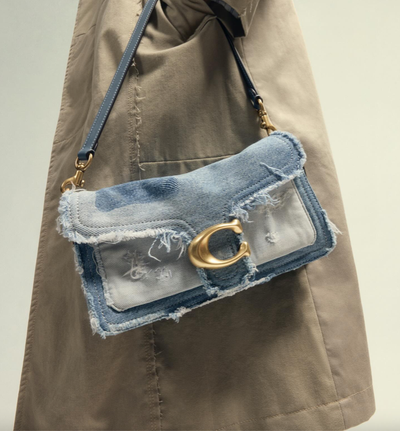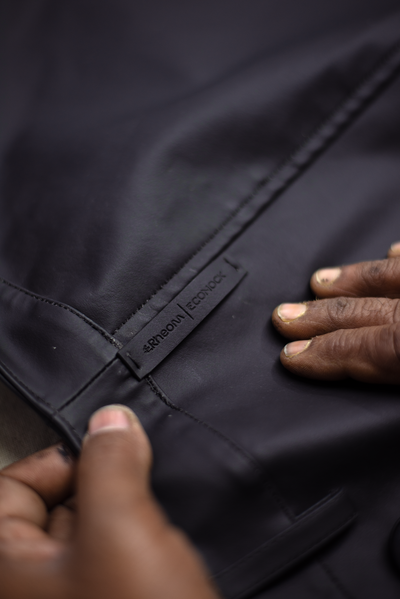In an unsettling revelation, the BBC World Service documentary "Perfume’s Dark Secret" exposes the rampant child labour in Egyptian jasmine farms, which supply some of the world’s leading perfume manufacturers, including Estée Lauder and L’Oréal. This investigative report uncovers a grim reality: children as young as five are working from 3am in these fields, driven by economic desperation and ineffective auditing systems.
Children in Al-Gharbia Governorate, particularly in the village of Shubra Beloula El-Sakhaweya, which produces 75% of Egypt’s jasmine, are caught in a vicious cycle of poverty and exploitation. "Kids as young as seven years old wake up by dawn, pick jasmine for a few hours then head to school. I used to do so since I was nine years old," says Mohamed Faraj, a local picker. The documentary highlights the dire conditions these children endure, suffering from injuries and allergies caused by pollen, which not only affect their health but also their academic performance.
The jasmine trade in Egypt, valued at $6.5 million, employs approximately 30,000 people. However, with jasmine flowers fetching a mere EGP 45 (£1.46) per kilogram on the commodity market, families struggle to survive. The falling value of the Egyptian pound and soaring inflation have exacerbated these hardships, compelling parents to involve their children in the labour-intensive harvesting process. "It’s not right that they’re exploiting the children for the price of perfume," laments Heba, a picker who works alongside her children aged 15, 10, and 5.
The BBC’s investigation names three major Egyptian jasmine companies — A Fakhry & Co, Machalico, and Hashem Brothers — as central to the issue. These firms supply fragrance manufacturers such as Givauden, Symrise, Firmenich, and International Flavors & Fragrances Inc. (IFF), which in turn create perfumes for giants like Estée Lauder and L’Oréal. These companies are accused of driving prices down, indirectly fostering the conditions that lead to child labour.
"Everyone in this village from the eldest to the youngest picks jasmine flowers," Faraj told the BBC, underscoring the community’s dependence on this precarious industry. The documentary also criticises the efficacy of current auditing systems, which often fail to detect these abuses. Eleanor Harry, CEO of HACE, tells Vogue Business, "Children, like all people, are dynamic indicators." HACE is a company that monitors child labour risks. "So when you go to that farm or that supplier, and you don’t see the children, how do you prove that they were there?"
The documentary argues that the beauty industry’s voluntary commitments to human rights charters and supplier codes of conduct are insufficient. Legal accountability through due diligence laws, such as the French Corporate Duty of Vigilance Law and the proposed Corporate Sustainability Due Diligence Directive, is essential. "Until we move away from private and voluntary regulations in which the lead firms are writing their own rules, conducting their own investigations, and reporting their own results, then you won’t see a shift," asserts Jason Judd, executive director of the Cornell University Global Labor Institute.
Estée Lauder and L’Oréal have responded by initiating investigations and committing to greater transparency. However, the documentary makes it clear that without robust legal frameworks and genuine accountability, the cycle of exploitation in the jasmine supply chain is unlikely to be broken.






